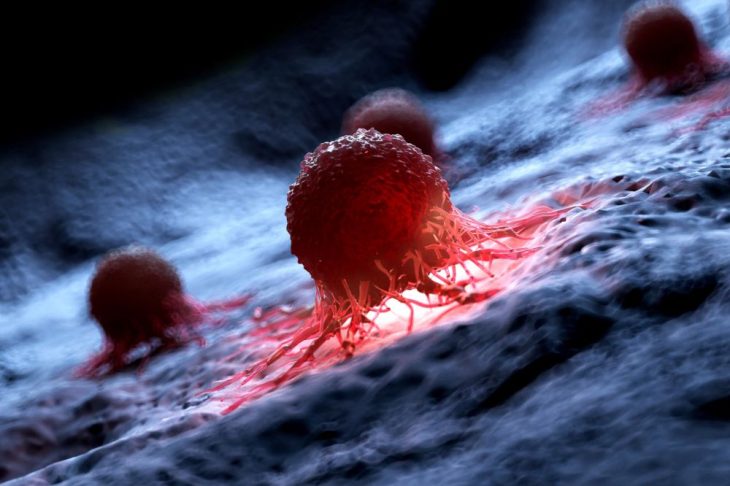
Small Intestine Cancer: Know its types, symptoms, diagnosis and treatment
Small intestine cancer is a rare type of cancer that occurs in the tissues of the small intestine, which is a crucial part of the digestive system responsible for absorbing nutrients from food. While less common than cancers affecting other parts of the gastrointestinal tract, such as the colon or stomach, small intestine cancer can still pose significant health challenges.
Nutrients from the food you eat are broken down and absorbed via the small intestine. Hormones that aid in digestion are produced by it. Additionally, the small intestine contributes to the immune system that fights germs in the body. It has cells that defend the body from viruses and germs that come through the mouth.
Types of Small Intestine Cancer:
Small intestine cancer can manifest in different forms, including:
- Adenocarcinoma: This is the most common type of small intestine cancer, arising from the cells that line the inner surface of the small intestine.
- Sarcoma: Sarcomas are cancers that develop in the connective tissues of the small intestine, such as muscles, nerves, or blood vessels.
- Carcinoid tumours: Carcinoid tumours originate from hormone-producing cells in the small intestine and can be slow-growing.
- Lymphoma: Lymphoma is a cancer of the lymphatic system, and when it affects the small intestine, it’s referred to as small intestine lymphoma.
Symptoms:
The symptoms of small intestine cancer can be nonspecific and may include:
- Abdominal pain or cramping
- Unexplained weight loss
- Changes in bowel habits, such as diarrhoea or constipation
- Blood in the stool
- Fatigue
- Nausea or vomiting
Diagnosis:
Diagnosing small intestine cancer can be challenging due to its rarity and nonspecific symptoms. Diagnostic tests may include:
- Imaging studies such as CT scans, MRIs, or endoscopies to visualize the small intestine
- Biopsy to examine tissue samples for the presence of cancer cells
Treatment:
Treatment for small intestine cancer depends on factors such as the type and stage of cancer, as well as the patient’s overall health. Treatment options may include:
- Surgery to remove the cancerous tissue
- Chemotherapy to kill cancer cells or shrink tumours.
- Radiation therapy to target cancer cells with high-energy rays.
- Targeted therapy or immunotherapy to attack cancer cells with specific drugs.
Coping and Support:
Coping with small intestine cancer can be challenging, both physically and emotionally. It’s essential for patients to seek support from healthcare professionals, loved ones, and support groups. Maintaining open communication, staying informed about treatment options, and exploring complementary therapies can also help in coping with the disease.
In conclusion, while small intestine cancer is rare, it can still have a significant impact on individuals diagnosed with the condition. By understanding its symptoms, diagnosis, treatment options, and coping strategies, patients and their families can navigate this journey with greater awareness and resilience.


